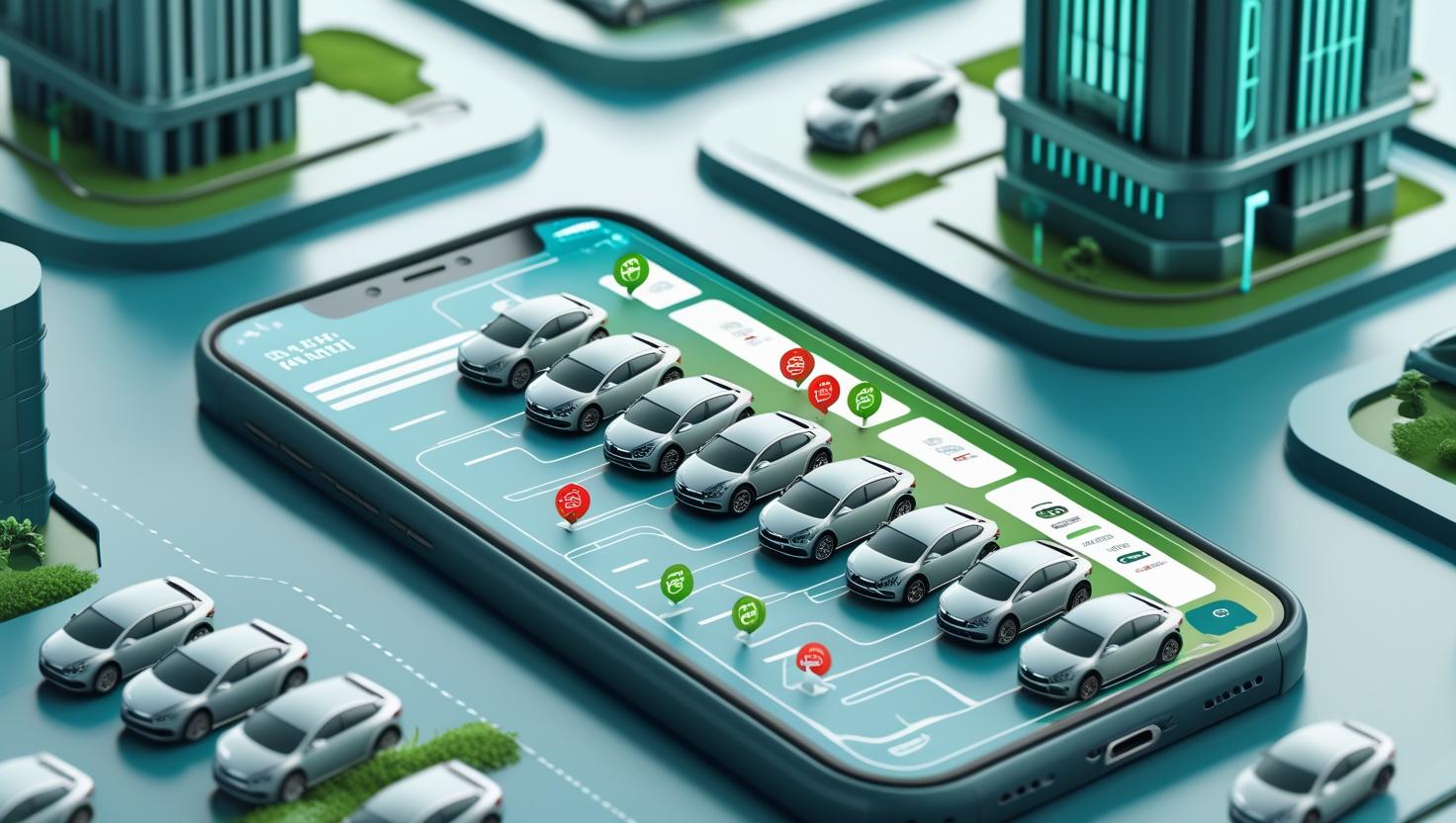Smart Parking MVPs Using IoT and Mobile

Introduction
Parking challenges in urban cities are becoming more serious with rising vehicle density and limited infrastructure. Drivers waste time and fuel searching for available spots, leading to congestion and frustration. A smart parking system powered by IoT and mobile apps can solve this issue effectively. Instead of investing heavily in a full-scale solution, many startups and city planners are beginning with a Minimum Viable Product or MVP. This allows them to test the idea, gather real-world data, and improve the product with lower cost and risk.
What is Smart Parking MVP Using IoT and Mobile
A smart parking MVP is a simplified prototype of a connected parking solution. It typically includes sensors to detect vehicle presence, a mobile app for users to find spots, and a backend system to process and display parking availability in real time. The MVP focuses on essential features such as locating free spots, reserving them, and showing pricing or time limits. It helps validate the concept before a full-scale rollout across multiple locations or cities.
Why It Is Needed
Traditional parking methods are inefficient and outdated. Manual monitoring, lack of real-time data, and limited visibility into space availability lead to wasted resources and poor user experience. The MVP approach allows developers and businesses to test the effectiveness of smart parking solutions in controlled environments before investing in large infrastructure or citywide deployment. It also helps evaluate user engagement, sensor accuracy, and scalability potential early on.
Use of Smart Parking MVP
The MVP can be used in various small to mid-scale environments such as:
-
Office or tech park campuses
-
Shopping malls and retail plazas
-
Hospitals and clinics
-
University campuses
-
Airports or transport hubs
-
Local government pilot projects in urban areas
Benefits of Smart Parking MVP
-
Faster deployment and testing of smart parking concepts
-
Reduced traffic congestion in pilot zones
-
Improved user convenience with real-time space tracking
-
Lower operational costs through automated monitoring
-
Ability to gather early feedback for better product-market fit
-
Data-driven decision-making for future expansion
-
Scalable model that can adapt to growing infrastructure.
Future Outlook
As IoT devices become more affordable and 5G networks expand, smart parking systems will grow rapidly in adoption. Integration with electric vehicle charging stations, AI-based traffic predictions, and smart city platforms will further enhance the ecosystem. Starting with a smart parking MVP ensures that developers stay agile, learn from user behavior, and create smarter, more adaptive systems over time. Future applications may also include voice commands, vehicle-to-infrastructure communication, and blockchain-based payment systems.
Final Thought
Building a smart parking MVP using IoT and mobile technology is a forward-thinking step toward reducing urban chaos and modernizing transportation systems. It allows innovators to test real-world functionality, validate user demand, and prepare for future scaling without overspending. If you are a startup, real estate developer, or municipal planner, launching a lean MVP is the smartest way to begin your smart parking journey.
Frequently Asked Questions (FAQs)
- What is a smart parking MVP?
A smart parking MVP is a simplified prototype of a smart parking system that uses IoT sensors and a mobile interface to help users locate, reserve, and access parking spots in real time. It focuses on core functionalities to validate the concept before full deployment. - Which technologies are used in a smart parking MVP?
Key technologies include IoT sensors, cloud computing, mobile app frameworks, GPS and mapping APIs, and data analytics tools. Some MVPs also include payment gateways and notification systems. - Who can benefit from launching a smart parking MVP?
Property owners, municipalities, universities, hospitals, malls, and smart city planners can benefit by improving parking efficiency, reducing congestion, and enhancing visitor experience. - How long does it take to build a smart parking MVP?
Depending on the features and scale, a basic MVP can be developed in 6 to 10 weeks. Rapid prototyping tools and cloud-based platforms help speed up development. - Can a smart parking MVP integrate with payment systems?
Yes, many MVPs integrate simple payment gateways like Razorpay, Stripe, or Paytm to enable digital parking fee collection. - Is it expensive to develop a smart parking MVP?
Compared to building a full-scale smart parking infrastructure, an MVP is cost-effective. It minimizes risk while gathering data and user feedback for future improvements.








